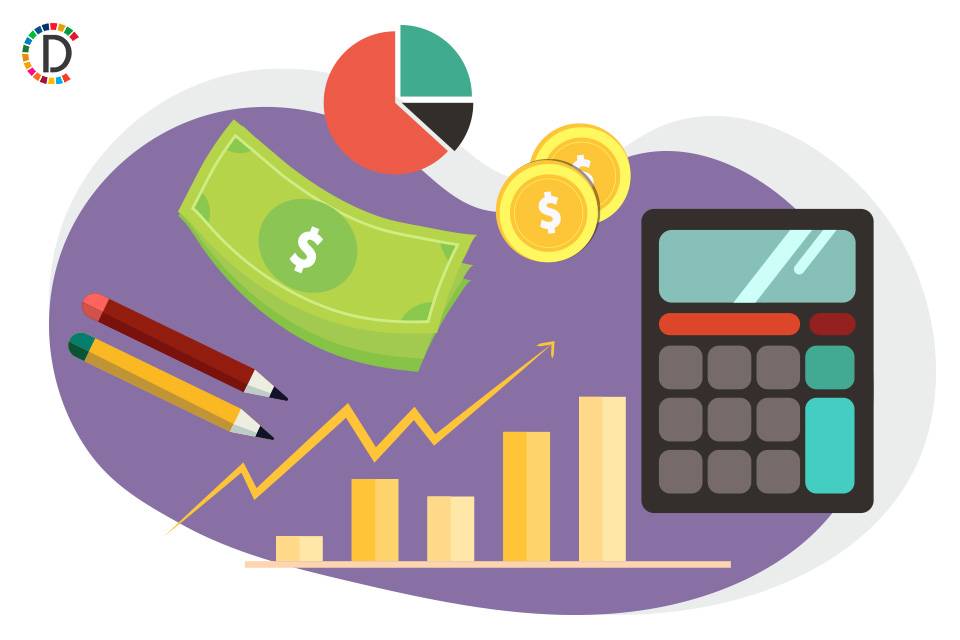UPDATE 4-Eli Lilly raises forecasts on surging international demand for weight-loss drugs
Eli Lilly raised its full-year profit and revenue forecasts on Thursday as strong international demand for weight-loss drugs helped it breeze past Wall Street's third-quarter earnings expectations. Shares of the world's largest healthcare company by market value jumped over 5% in premarket trading even as investors remain wary of drug price negotiations with the Trump administration.

Eli Lilly raised its full-year profit and revenue forecasts on Thursday as strong international demand for weight-loss drugs helped it breeze past Wall Street's third-quarter earnings expectations.
Shares of the world's largest healthcare company by market value jumped over 5% in premarket trading even as investors remain wary of drug price negotiations with the Trump administration. Lilly competes with Novo Nordisk for dominance in the weight-loss drug market, which some analysts project will reach $150 billion by the end of the decade.
Since returning to the White House in January, President Donald Trump has been striving to narrow the gap between what Americans pay for prescription medicines and drug prices in other developed nations, known as "most favored nation" policy. Cantor analyst Carter Gould said while there remain some drug pricing overhangs to work through, shares will react positively to the results, adding that it was the strongest third-quarter earnings report he had seen so far.
ZEPBOUND, MOUNJARO SALES TOP ESTIMATES Lilly CEO Dave Ricks credited continued demand for the GLP-1 drugs Zepbound and Mounjaro for the company's strong performance.
The beat-and-raise quarter "should dispel some GLP-1 market concerns and highlights the underlying strength of Lilly's portfolio," said J.P.Morgan analyst Chris Schott. Analysts had expected to see some softness in U.S. Zepbound sales after CVS Health dropped the obesity drug from its list of preferred covered medicines in favor of Novo's rival Wegovy.
Still, Zepbound posted sales of $3.6 billion for the quarter, ahead of expectations of $3.23 billion, according to LSEG data. The company noted that higher demand in the quarter was partially offset by lower realized prices. Approved in late 2023, Eli Lilly's weight-loss drug Zepbound, which is also sold as Mounjaro outside the U.S., has quickly gained traction, with prescriptions now largely outpacing Wegovy, despite the Novo drug's market launch advantage by over two years.
Both drugs have seen surging demand as millions seek effective weight-loss treatments. Sales of Mounjaro came in at $6.5 billion, above analysts' average expectation of $5.73 billion. Zepbound and Mounjaro, also used to treat type 2 diabetes, have the same active ingredient, tirzepatide.
Guggenheim analysts said international Mounjaro sales came in nearly $1 billion above its estimates for the quarter. Novo will report earnings on November 5. Its U.S.-listed shares were trading down 1.6%.
Lilly said it expects to earn $23.00 to $23.70 per share on an adjusted basis this year, compared with its previous forecast of $21.75 to $23.00 per share. Analysts were estimating a profit of $22.18 per share for 2025.
Annual revenue is projected to come in at $63 billion to $63.5 billion, versus the company's earlier forecast of $60 billion to $62 billion. For the quarter, Eli Lilly earned $7.02 per share, compared with analysts' average estimate of $5.69, according to LSEG data.
ALSO READ
-
Eli Lilly's Breakthrough Weight-Loss Drug Slated for Expedited FDA Review
-
Revolutionary Herbal Capsule Launches for Weight Management: Fitty GLP-1 Daily
-
Eli Lilly's Billion-Dollar Bet on Hyderabad: A Transformative Boost for Global Medicine Access and Local Economy
-
Eli Lilly's $1 Billion Bet on Telangana: A Pharma Giant's Expansion Unveiled
-
Eli Lilly's $1 Billion Lifeline: Transforming Telangana's Pharma Landscape









